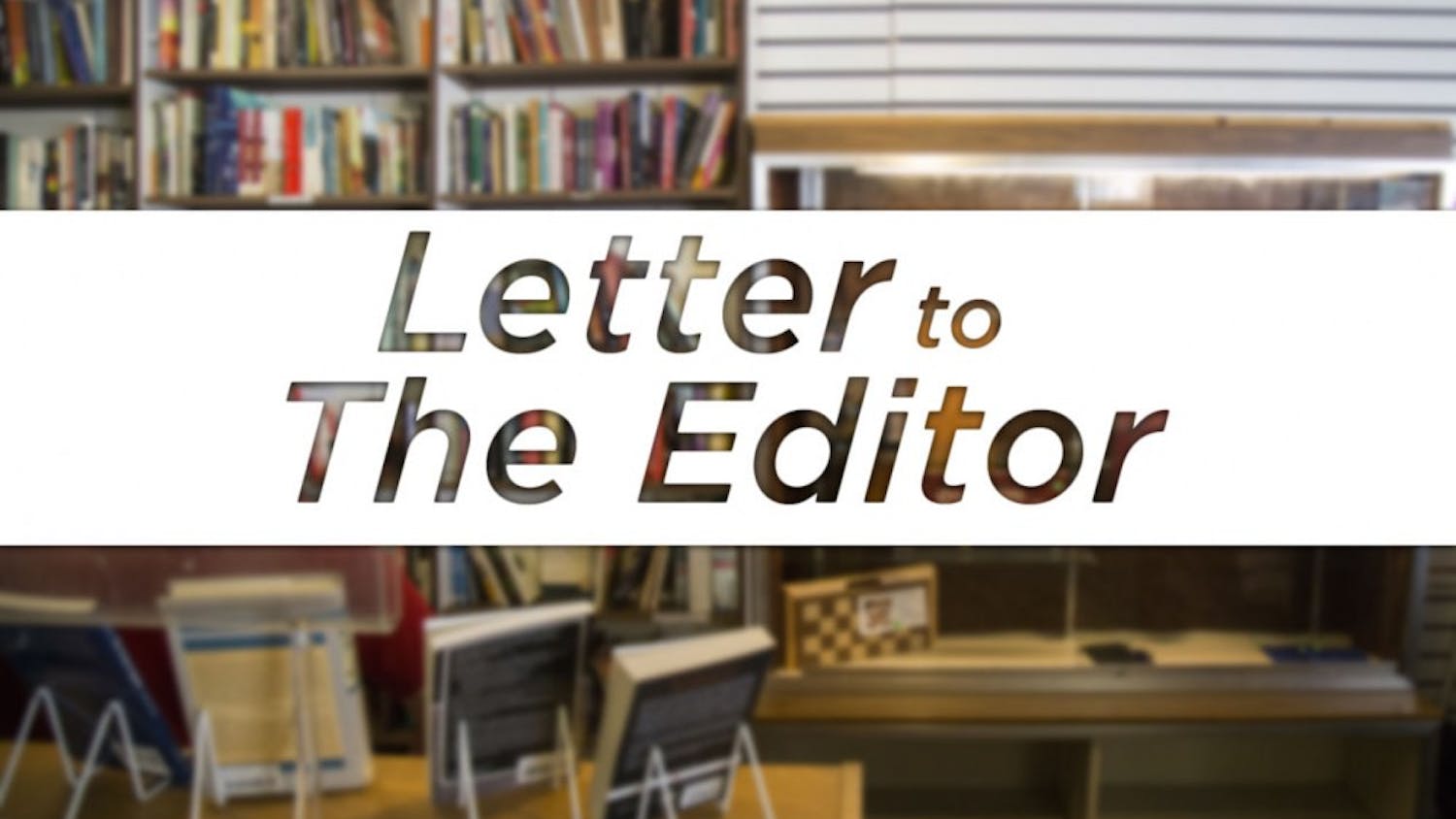On Wednesday, March 31, Ohio University Libraries hosted its third annual – but first-ever virtual – Art+FeminismWikipedia edit-a-thon.
Michele Jennings, the art librarian for OU Libraries, said the event is part of a global organization that is dedicated to expanding the world's knowledge of feminism, cisgender and transgender women, and non-binary people in the arts.
“It's just a way to get folks in a room, or in this case, in many rooms, to start to do some training on Wikipedia,” Jennings said.
The event also works to expand Wikipedia’s demographics which Jennings said are primarily cisgender, heterosexual, white men in the developed world.
“In a 2011 survey, the Wikimedia Foundation found that less than 10% of its contributors identify as female,” the organization’s website reports. “When cis and trans women, non-binary people, Black, Indigenous, and people of color communities are not represented in the writing and editing on the tenth-most-visited site in the world, information about people like us gets skewed and misrepresented. The stories get mistold. We lose out on real history.”
Jennings typically lets the participants go off on their own and come back with any questions. The topics vary and each organization is equipped with a task list.
“We have these task lists which other organizations have put together,” Jennings said. “Art+Feminism has a task list. Black Lunch Table has a task list. And actually, there was another task list this year from (West Virginia University). It's a task list specifically of Appalachian-centric topics. I try not to assign; I let people pursue their own interests.”
The edit-a-thon almost works as fact-checking, but there’s more that goes into it. Wikipedia has a system of flagging pages that need expanding, Jennings said.
“Some articles get automatically flagged for not having sufficient citations,” Jennings said. “A lot of articles link to each other and the way that you determine how important an article is, is how many articles link to it. If no articles link to it, then sometimes Wikipedia will flag it as lacking notability.”
From there, participants can look for additional citations to help expand that reference list.
Jennings said it was intentional that the event took place during Women’s History Month.
“It’s nice to know that people around the world are engaging in this project at the same time, roughly,” Jennings said. “I think it unites the project in a really nice way.”
This is the first time OU Libraries hosted the event virtually. They adapted to holding the event through Microsoft Teams after having to cancel last year’s event due to COVID-19. When the event was in person, Jen Harvey, events coordinator for OU Libraries, said it was small in attendance, but large in dedication to editing.
“The feedback has been pretty positive,” Harvey said. “We hope to grow the event in the future.”
Though the event being virtual presented positives and negatives, the OU Libraries staff felt grateful to have been able to adapt to a virtual format.
“It’s actually really nice to be able to share your screen when you're explaining how to do specific things, and to have people do it themselves,” Jennings said. “It’s also fun because we have a breakout room system [and] we have stand-in reference librarians in a breakout room. You can have a one on one conversation with a library and to help you find references using breakout rooms, which is pretty nice.”






